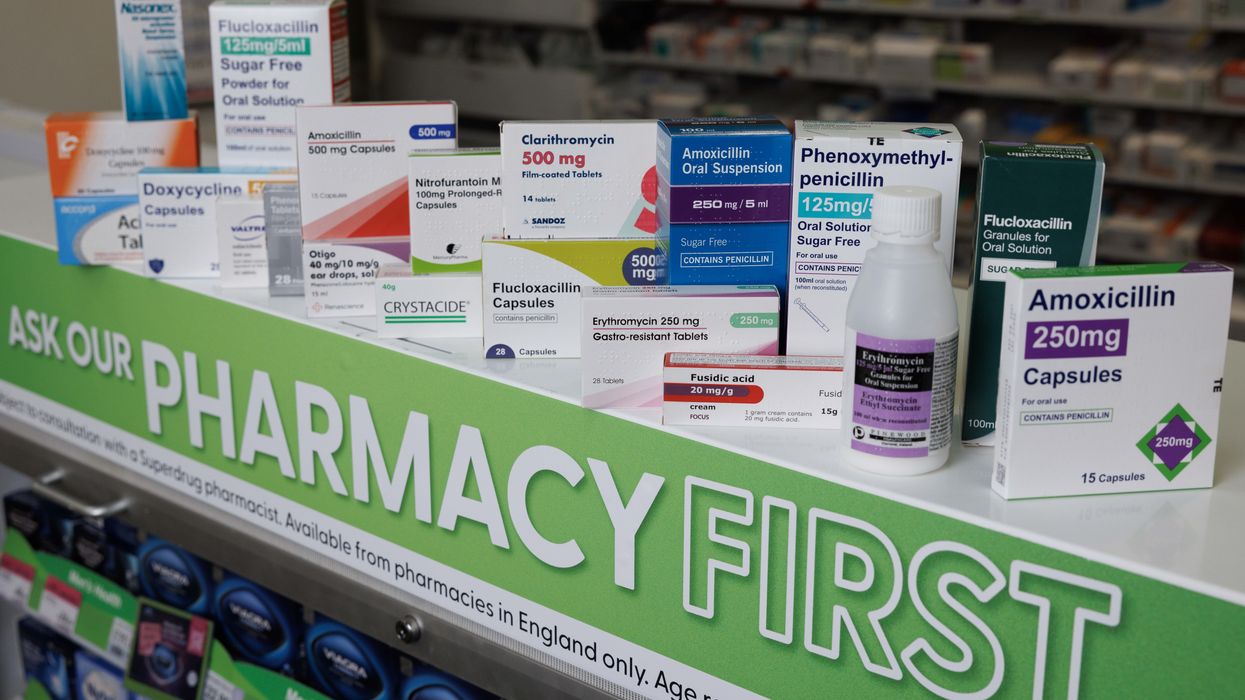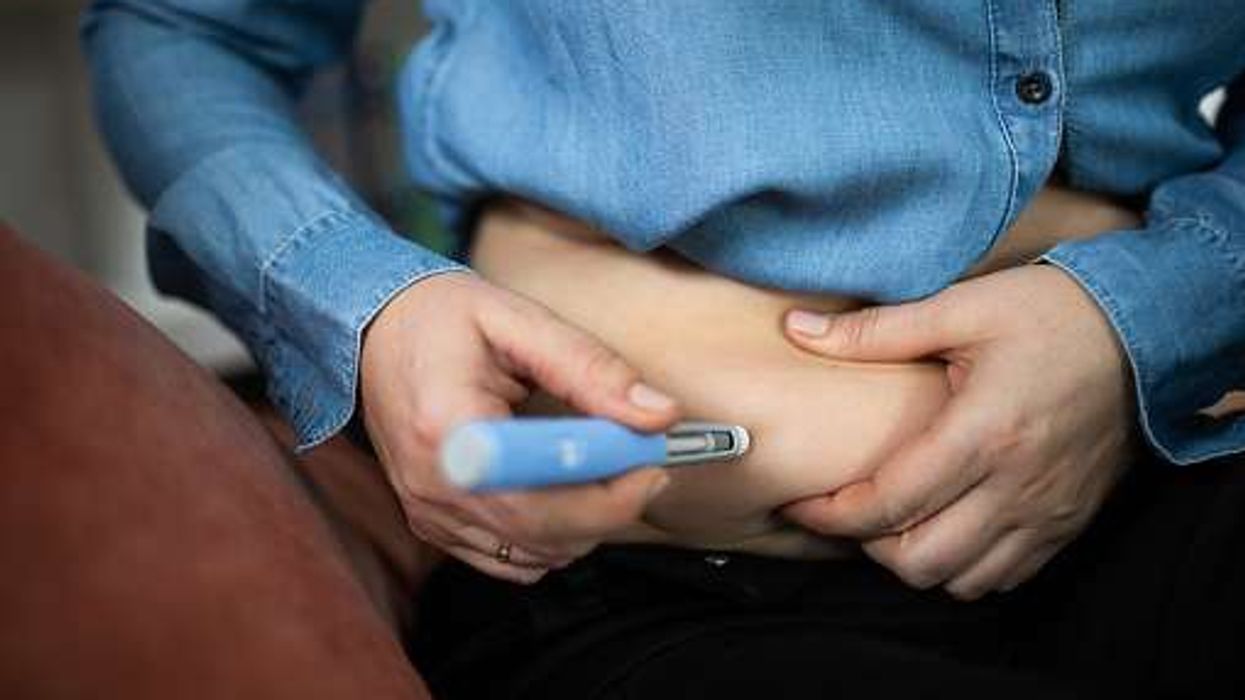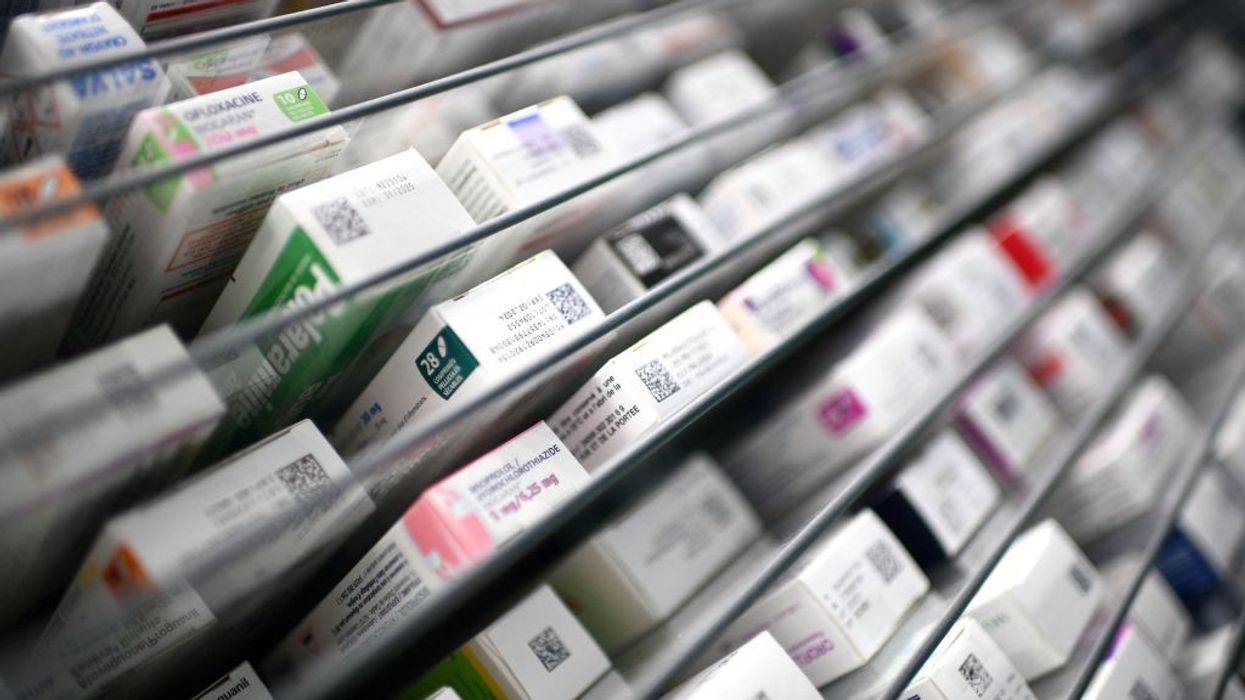The General Pharmaceutical Council (GPhC) has responded to Pharmacists' Defence Association (PDA)'s concern over trainee assessment exam June 2023.
PDA members expressed concerns about the questions in the clinical exam including the high level of difficulty, a lack of clarity of wording, and a feeling that some questions were outside the scope of the curriculum. Following contact from members this morning the PDA has spoken with the GPhC and raised members’ views with them.
In response GPhC said: “The registration assessment is one of the ways we test that trainee pharmacists can demonstrate that they understand how to apply knowledge appropriately and in a timely way, to make professional judgements in pharmacy practice. It also tests trainees’ number sense and that they are able to perform the calculations necessary to practice as a pharmacist.
The published registration assessment framework sets out the areas that are covered by the assessment, including expectations of a pharmacy professional and the skills required in practice. Questions related to clinical care are mapped to therapeutic areas which are weighted and the assessment includes questions on high-risk drugs, paediatric patients, and calculations.
To make sure that each registration assessment is consistent, the question papers are set and moderated by an appointed body, the Board of Assessors. All decisions about questions, papers, candidates, and pass marks are made by the board.
The standard a trainee must achieve to pass the registration assessment remains the same across each sitting. The pass mark for each paper varies from sitting to sitting depending on the combined difficulty of the questions. This is to make sure that the assessment is fair and that the standard is maintained.
The pass mark for the assessment is arrived at using evidence-based standard-setting processes – recognised methods used by examination bodies to derive pass marks for papers in order to apply a set standard across sittings.
When preparing assessment papers, a standard-setting panel of pharmacists assesses the standard of each question in each of the papers. Before agreeing pass marks for each paper, the Board of Assessors undertakes a full review of the performance of the questions, and the papers as a whole. This includes statistical analysis of the relative level of difficulty.”
The PDA has previously made recommendations for change to the GPhC to improve the logistical organisation and delivery of the examinations which have been implemented in full such as IT equipment testing, face-to-face training for invigilators, and GPhC staff presence at every centre. It believes these changes have improved the experience for all candidates.
However, there are a number of recommendations the PDA has made which have not yet been implemented and may also make a difference to the candidates.
The PDA provides a quality revision programme and live sessions to support trainee and potential pharmacist members with their preparations free of charge through PDA Education.
The PDA has requested the GPhC to examine and extend the provision of their revision support for trainees, and to develop a quality assurance process for external commercial providers of their revision resources.
Collette Bradford, PDA Director of Organising and Engagement said, “We have worked positively with the GPhC for a number of years to improve the experience of the online assessment for trainees and potential pharmacists. We would now like this work to extend to pre-assessment revision resources and quality assurance of the support and providers in order that all trainees and potential pharmacists have an equal opportunity to pass the assessment examinations.
"PDA would welcome further discussions with the regulator regarding an appropriate assessment process fit for the future and on improving and extending both the period and quality of the mentoring supervision experience for those who will qualify as independent prescribers from 2026. As an organisation with over 37,000 members, we are well placed to work with the regulator to help to develop an assessment process which is fair to all and is fit for purpose to develop pharmacists who are able to give the best care to patients.”











